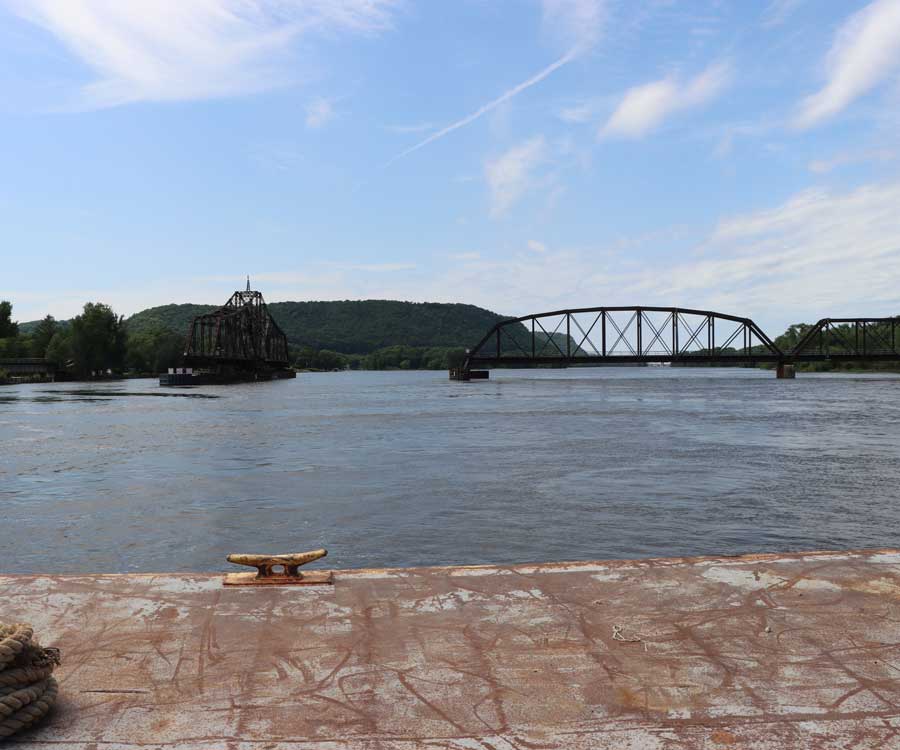
Fresh off the banks of the Mississippi River, the Upper Mississippi Waterway Association (UMWA) is ready to accelerate its vessel of change.
Making a splash as host of a five-day tour along the Mississippi River, UMWA hosted multiple stakeholders of the Columbia and Snake rivers June 24-28 for stops in Memphis, Tenn., Vicksburg, Miss. and New Orleans.
“My biggest takeaway is the critical need for public awareness about the value of working rivers,” said Jeremy Putman, president of UMWA. “People often underestimate the economic and environmental impact these waterways have on our lives. We need to educate the public about the importance of maintaining and improving these vital transportation systems.”
To smooth some wrinkles in its prior messaging, UMWA’s board redefined its vision as a reliable resource of information for insights, opportunities and growth on the Upper Mississippi River that seeks to promote the preservation of the working river through education, support and outreach. UMWA says it will also prioritize fostering career and employment opportunities related to our working river. This vision is one that is strengthening as its bond grows deeper with other river stakeholders on the Columbia and Snake rivers.
“Users on both rivers are realizing that we have to increase the content of facts, frequency and reach of our message,” said Gary Williams, UMWA executive director. “While the rivers may operate differently and deliver goods to/from different parts of our country and abroad, we need to be telling our river’s story and the other river’s story to our own audiences. It’s important that voters, legislators and media understand the importance of all these rivers in our national network. By doing so, the message is heard across the nation on a monthly, weekly and daily basis.”
With multiple goals on its radar for the remainder of FY24, in addition to continuing strengthening its relationship with other river stakeholders, UMWA is dedicated to member engagement, retention and recruitment as well as applying for funding and sponsorships, outreach and continuing to communicate its message.
“This exchange trip represented the start of a much more determined effort by users to exchange ideas, issues and opportunities on bettering the very important working waterways,” Williams said. “Whether it be on how to foster careers to be sought in the inland maritime industry, tailoring our information message to the public, ideas on how to utilize the advantages of our river systems for growth and reduced environmental impact, and ensuring our local, state and national legislators understand the importance of addressing the needs of our waterways, we have much to lend, support and learn from one another.”
